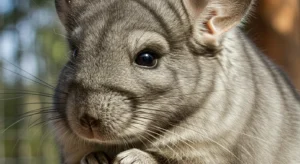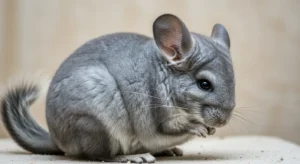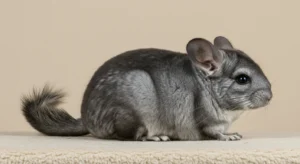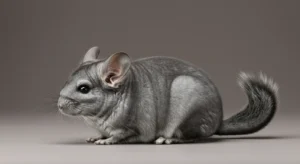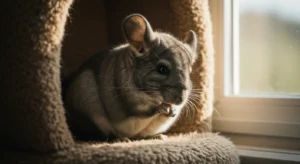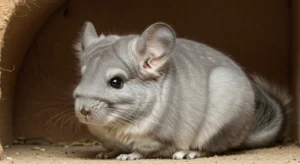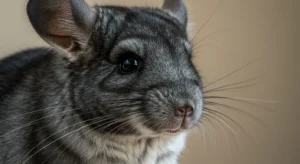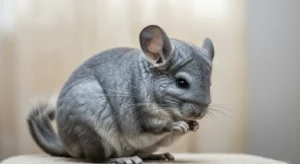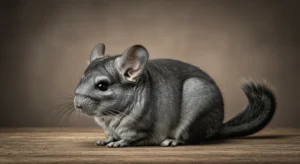Top 5 Foods to Avoid Feeding Your Chinchilla
Chinchillas have incredibly sensitive digestive systems adapted to a specific, high-fiber, low-moisture diet found in their native Andes Mountains habitat. Feeding inappropriate foods is one of the most common causes of serious health problems, including potentially fatal digestive upset, bloating (stasis), and dental issues. Knowing what *not* to feed is just as important as knowing what to feed.
Why Diet is Crucial
A chinchilla’s digestive tract is designed to process tough, fibrous plant material slowly. Their gut flora (the balance of beneficial bacteria) is delicate and easily disrupted by foods high in sugar, fat, simple carbohydrates, or excessive moisture. Dietary errors can quickly lead to:
- GI Stasis: A dangerous slowing or stopping of the digestive system.
- Bloat: Painful and potentially fatal gas buildup.
- Diarrhea: Can cause rapid dehydration.
- Dental Problems: Sugary foods contribute to tooth decay and malocclusion.
- Obesity and Fatty Liver Disease: From excessive sugars and fats.
Top 5 Categories of Foods to Avoid
While many specific items are unsuitable, they generally fall into these key categories. Avoiding these groups entirely is the safest approach.
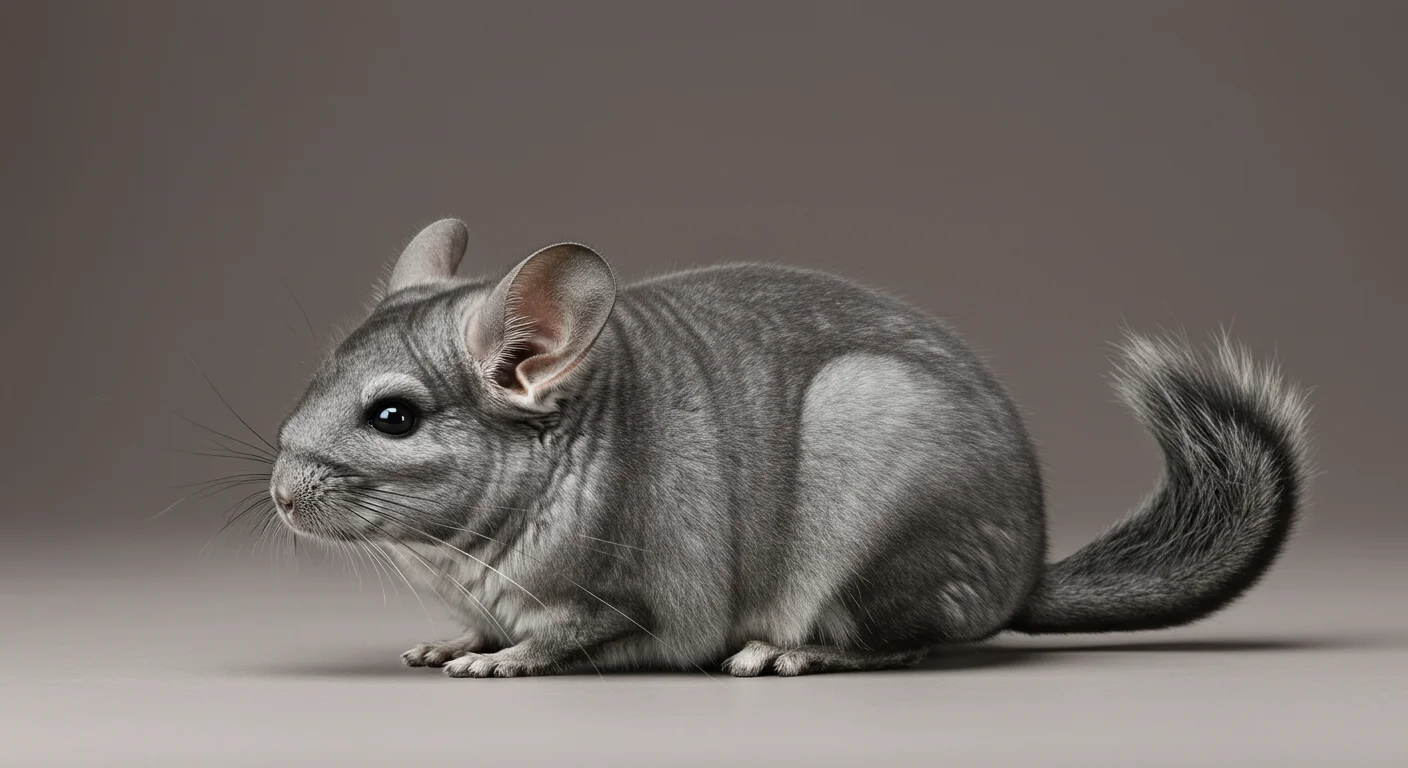
1. Most Fresh Fruits & Vegetables
While seemingly healthy, most fruits and vegetables are too high in sugar and water content for a chinchilla. This includes common items like:
- Lettuce (especially iceberg)
- Carrots (even small amounts are very sugary)
- Apples, Bananas, Grapes, Berries
- Celery, Cucumber
- Citrus fruits
The high sugar disrupts gut bacteria and can cause bloat/diarrhea, while the high water content can also lead to digestive upset. There are very few exceptions, and even those should only be given in minuscule amounts as rare treats (e.g., a tiny piece of dried rosehip or a single plain Cheerio). Generally, avoiding high-sugar chinchilla food items is essential.
2. Seeds, Nuts, and Grains
These are high in fat and protein, which chinchillas are not equipped to digest efficiently. This category includes:
- Sunflower seeds, pumpkin seeds
- Peanuts, almonds, cashews
- Corn (including dried corn often found in cheap mixes)
- Oats, wheat, barley (unless specifically part of a vet-approved supplement for weight gain)
Excess fat can lead to obesity and liver problems, while undigested components can cause impaction or digestive upset.
3. Processed Human Foods
Anything intended for human consumption is generally unsafe. This includes:
- Bread, crackers, pasta
- Chocolate (toxic!)
- Candy, sugary cereals
- Salty snacks (chips, pretzels)
- Cooked foods
These items contain sugars, salts, fats, preservatives, and complex carbohydrates totally unsuitable for a chinchilla’s system.
4. Meat and Dairy Products
Chinchillas are strict herbivores. Their bodies cannot process animal proteins or lactose.
- Meat, poultry, fish
- Cheese, yogurt, milk
- Eggs
Feeding these can cause severe digestive distress.
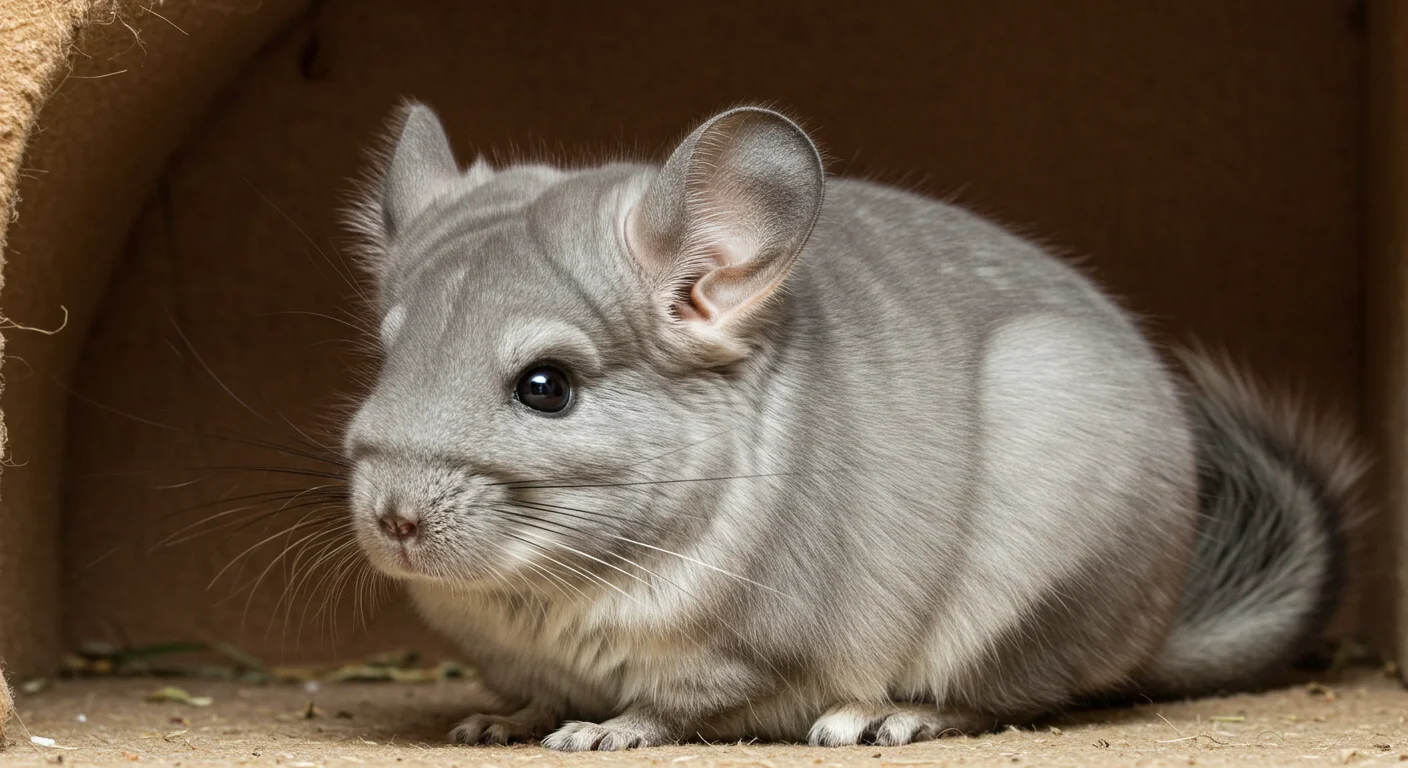
5. Certain Plants & Woods
Many common houseplants and specific types of wood are toxic if ingested.
- Houseplants: Check specific plant toxicity lists (e.g., ASPCA’s list) before allowing out-of-cage time in areas with plants. Many common ones like Pothos, Dieffenbachia, Lilies are dangerous.
- Unsafe Woods: Cherry, Cedar, Redwood, fresh pine (kiln-dried pine is safe for structure/ledges), and treated woods. Ensure any chew toys or ledges are made from chinchilla-safe woods like kiln-dried pine, apple, willow, or aspen.
Providing safe chinchilla chew toys made from appropriate woods is vital for dental health, but avoid toxic varieties.
“If in doubt, leave it out!” Never feed your chinchilla anything unless you are 100% certain it is safe. Consulting reliable chinchilla care resources or your exotic vet is always recommended.
Safe Alternatives & Treats (In Strict Moderation)
A healthy chinchilla diet consists primarily of:
- Unlimited high-quality grass hay: Timothy hay, orchard grass, oat hay. This should form ~80-90% of the diet.
- Limited high-quality pellets: Plain, alfalfa or timothy-based pellets (approx. 1-2 tablespoons per day). Avoid mixes with seeds, nuts, or colorful bits.
- Safe Treats (Tiny amounts, infrequently): Dried rosehips (1-2 per week), dried herbs (dandelion root, hibiscus, chamomile – pinch per week), plain shredded wheat (half square per week), plain Cheerios (1-2 per week), safe wood chews.
By strictly avoiding harmful foods and focusing on a hay-based diet, you significantly contribute to your chinchilla’s long-term health and prevent many common, costly, and potentially heartbreaking illnesses.
